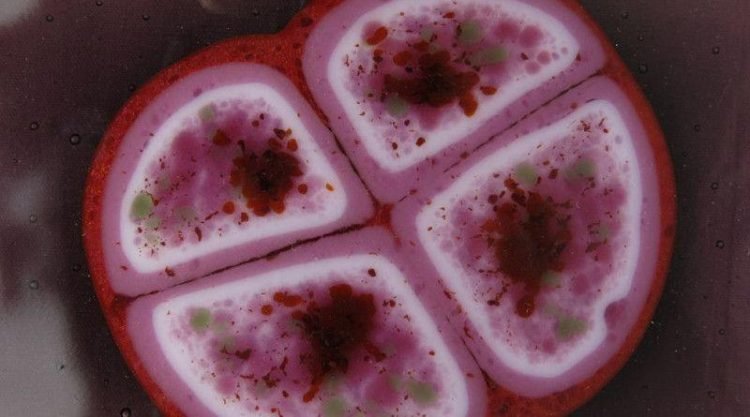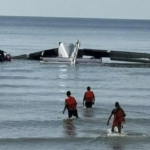
The World’s Toughest Bacterium Can Whithstand Anything From Radiation to Life in Outer Space
Published on March 17, 2022 at 12:40 PM by Mc Noel Kasinja
Deinococcus radiodurans is listed in the Guinness Book of World Records as “the world’s toughest bacterium,” and it is fully deserving of that title.
Scientists discovered the red, spherical bacterium that later came to be known as deinococcus radiodurans about 70 years ago, when examining a can of ground meat that had spoiled despite having been sterilized by exposure to doses of radiation in the megarad range. Research would later show that this lowly bacterium can withstand 10,000 times the amount of radiation that would normally kill a human being, thanks to a miraculous ability to repair numerous DNA double-strand breaks in a matter of hours.
“Its DNA is highly damaged at 1.7 million rads,” Michael Daly of Montana State University-Bozeman told Science Daily. “Its DNA is all chopped up. There are between 1,000 and 2,000 DNA fragments per cell, but they’re all fixed in about 24 hours.”
But radiation isn’t the only thing deinococcus radiodurans is virtually impervious to. Over the years, scientists have found that it can survive extreme drought conditions for long periods of time, complete lack of nutrients, extreme temperatures, and even the void of outer space.
In August of 2020, studies conducted on the International Space Station had found that deinococcus radiodurans could survive in outer space for at least three years. Many believe that this discovery supports the theory of panspermia, the hypothesis that life exists throughout the Universe, distributed in various ways.
“We may be the generation to understand the origins of life,” said Anne Kinney, director of NASA’s Astronomical Search for Origins and Planetary Systems Program. “It comes down to, ‘Are we the center of the universe or not’”.
The remarkable ability of deinococcus radiodurans to withstand in extreme environments and then repair itself has been extensively studied by biologists and scientists, in the hopes of adapting this mechanism to humans, to help them better resist radiation exposure and also to handle toxic waste.
So far, scientists have been unable to determine what the bacterium’s natural habitat might be, as it has been observed in environments as diverse as elephant dung and granite in Antarctic dry valleys.
Decades after its discovery, deinococcus radiodurans still holds the Guinness record for “the world’s toughest bacterium,” and is regarded by many as the most resistant organism ever discovered. Its many nicknames include “Super Bug” and “Conan the Bacterium.”


